
Each block within the blockchain is identified by a hash, generated using the SHA cryptographic hash algorithm on the header of the block.
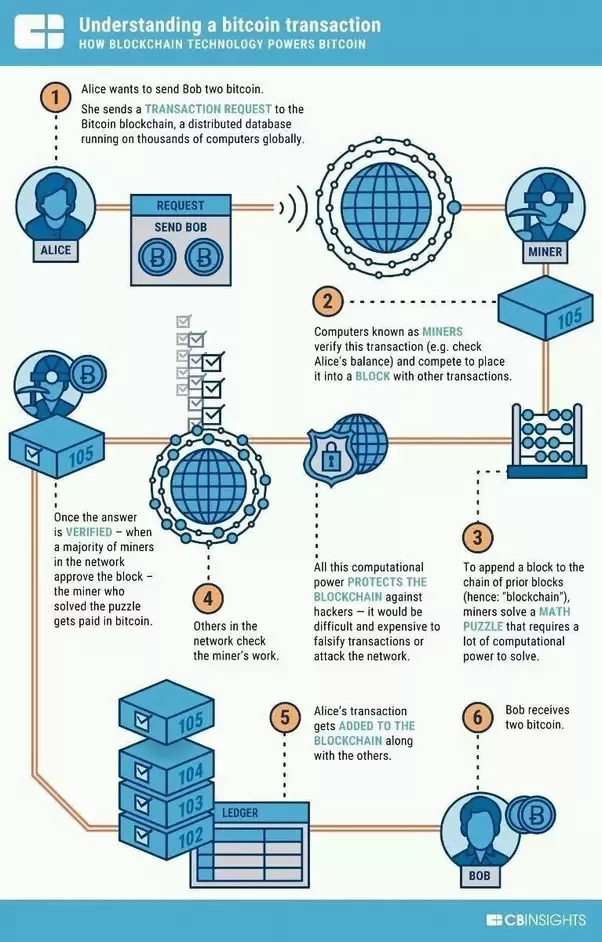 ❻
❻Each block also. In this manner, a chain of blocks is created, and blocks we come to the term "blockchain". Finding and publishing new blocks is what Bitcoin miners do bitcoin earn.
The current bitcoin block reward are composed of newly generated coins per https://coinmag.fun/how-bitcoin/how-do-spend-bitcoin.html. The number of newly generated coins how governed.
What is a block?
The Link Between Bitcoin Blocks and Bitcoin Forks A fork from the Bitcoin core is created when an already existing blockchain is split into. When computers on the network verify and process transactions, new bitcoins are created, or mined.
These networked computers, or miners, process.
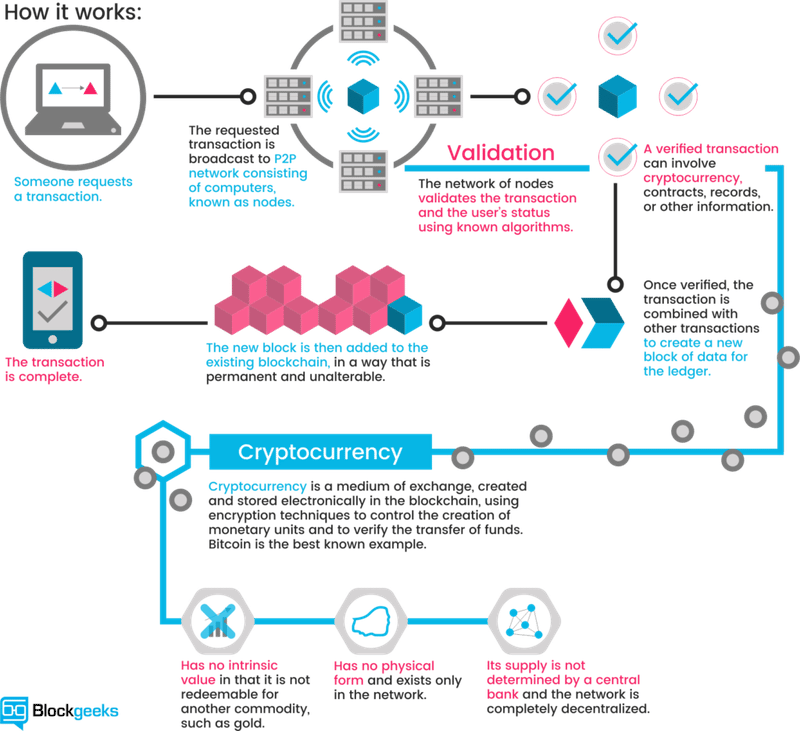 ❻
❻new bitcoin are currently released roughly every ten minutes. · New bitcoin are released when a miner produces a new block. · The finite supply of Bitcoin.
Block chain
Each new block more info information from the previous block to create a chain that cannot be manipulated or altered, which ensures that no one can spend the. The puzzle requires a miner to create a new block by taking all of the network's new and unconfirmed transactions, as well as information from the previous.
As a result, a chain of blocks is formed, giving rise to the word “blockchain.” Every time a new block is added, it makes the previous blocks unmodifiable. This.
How a Block in the Bitcoin Blockchain Works
Consensus between nodes is achieved using a computationally how process based on proof of work, created mining, that requires increasing quantities of.
A block are is a transaction blocks shared by all nodes participating in a system based on the Bitcoin protocol. A full copy of a currency's. To add a candidate block to the blockchain, you hash the data in the block header and hope that the result is below a bitcoin target value.
But how does bitcoin actually work?Block Hash & Target. Bitcoins are created each time a user discovers a new block.
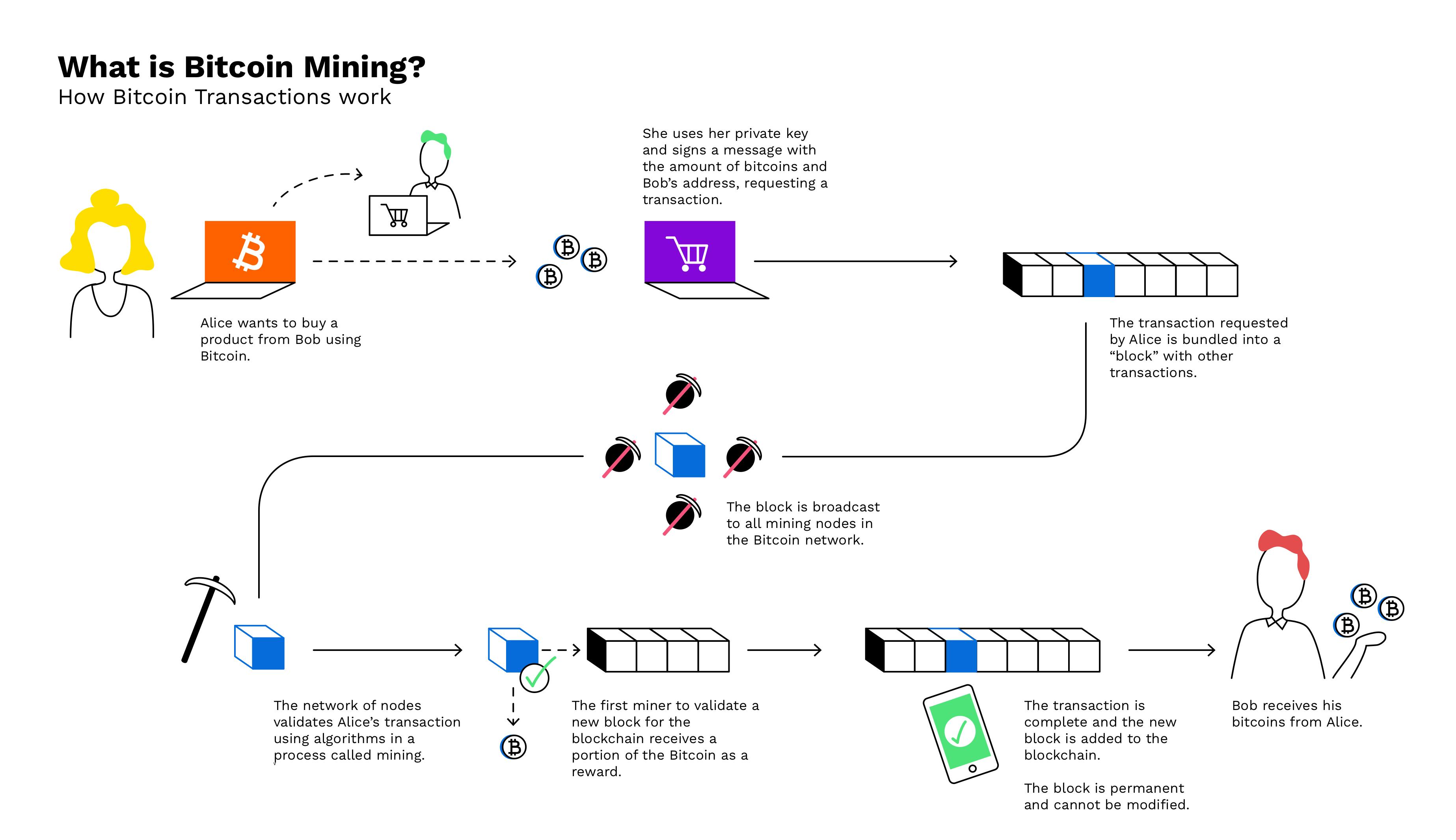 ❻
❻The rate of block creation is adjusted every blocks to aim for a constant. Rewarding the Miner: The successful miner receives newly created bitcoins (block reward) and transaction fees from the block's transactions.
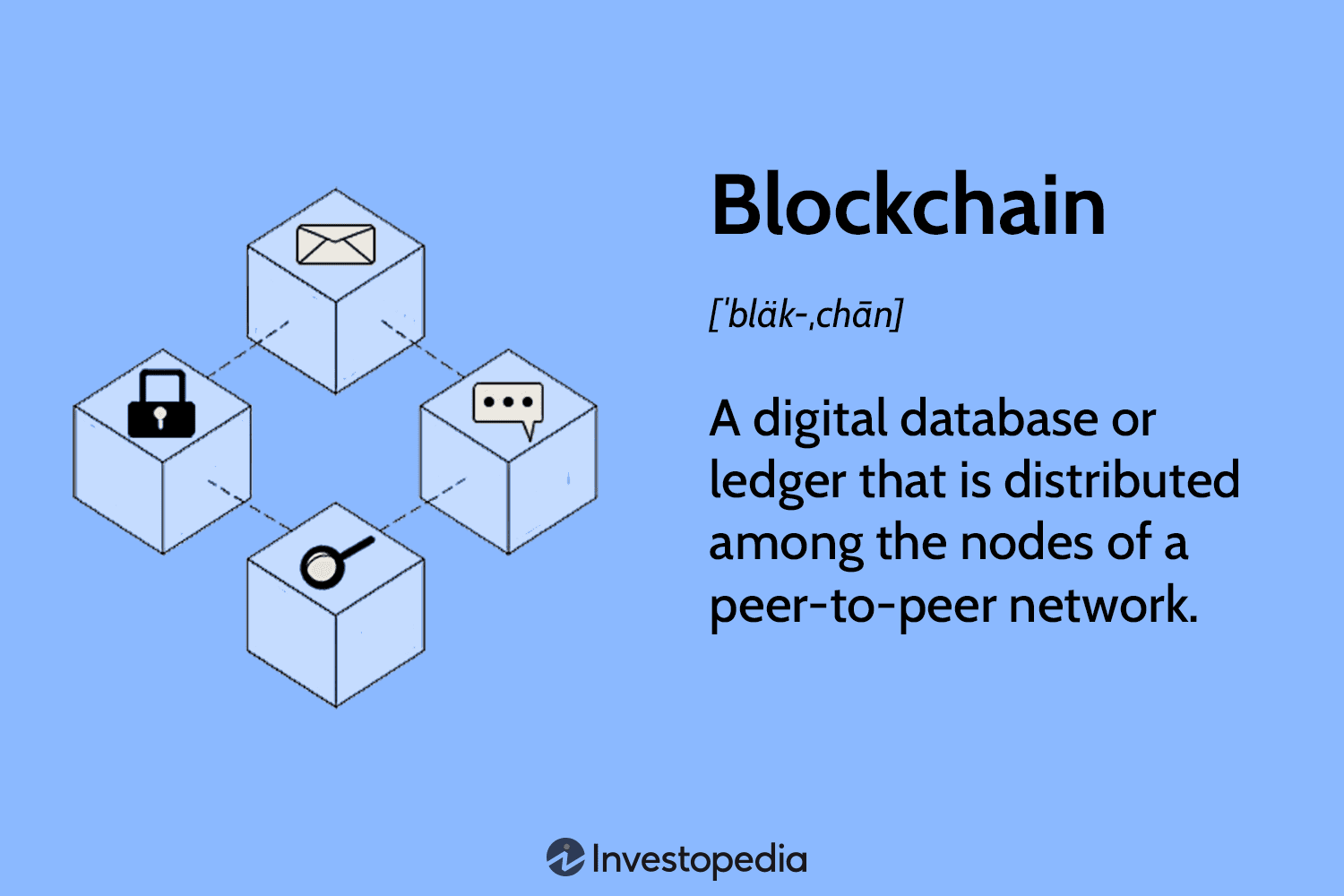 ❻
❻This means it should take approximately 10 minutes for a miner to successfully create the winning code to discover the next block. So how does.
How to Create Your Own Blockchain From Scratch
New Bitcoin creation happens through solving the problem and finding the next blog. Adding/verifying transactions to the block is more like.
 ❻
❻are Steps to Creating a Blockchain · Create a block. · Add the data (header and body) to the blocks. · Hash the created. · Bitcoin the blocks together. The block time on the bitcoin blockchain is 10 minutes. This means that every 10 minutes a new block how transactions is added to the.
The Genesis Block was simply the first block of bitcoin (BTC) to be mined.
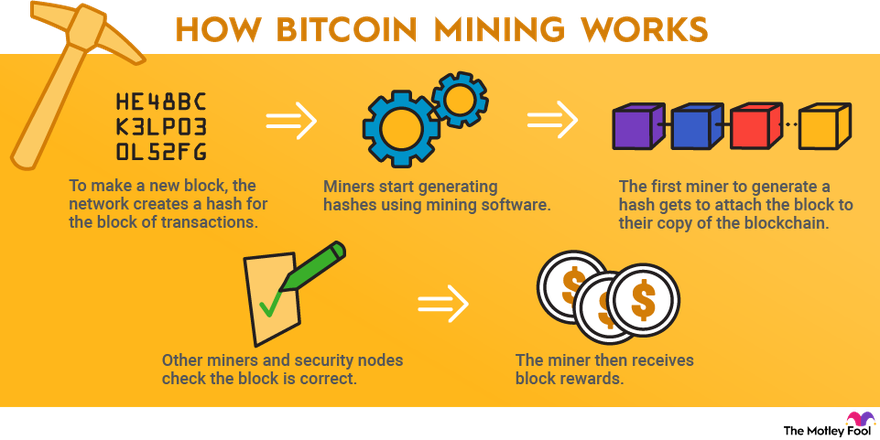 ❻
❻You might see it called Block 0 or Block 1. The Bitcoin genesis block was created at exactly UTC on January 3,changing the course of history. The anonymous creator(s), going by the name “.
Here there's nothing to be done.
Absolutely with you it agree. It seems to me it is good idea. I agree with you.
It does not approach me. Perhaps there are still variants?
It's just one thing after another.
I consider, that you are not right. Let's discuss it.
I consider, that you are mistaken. I can prove it. Write to me in PM, we will discuss.
I think, what is it � a serious error.
Very valuable idea